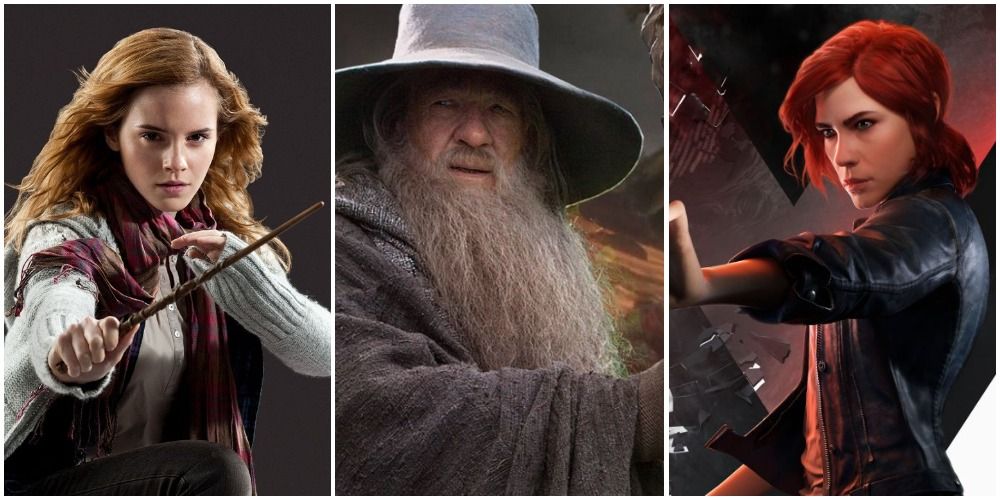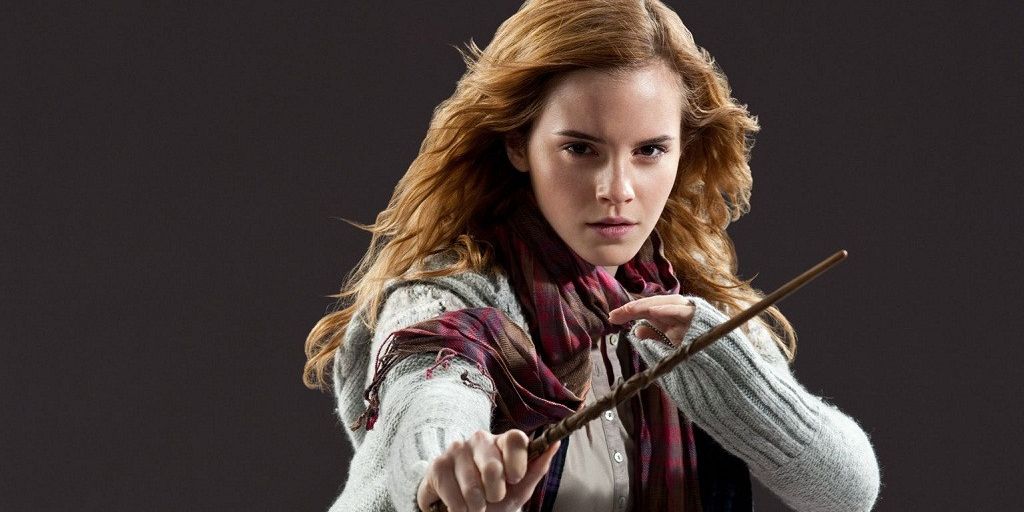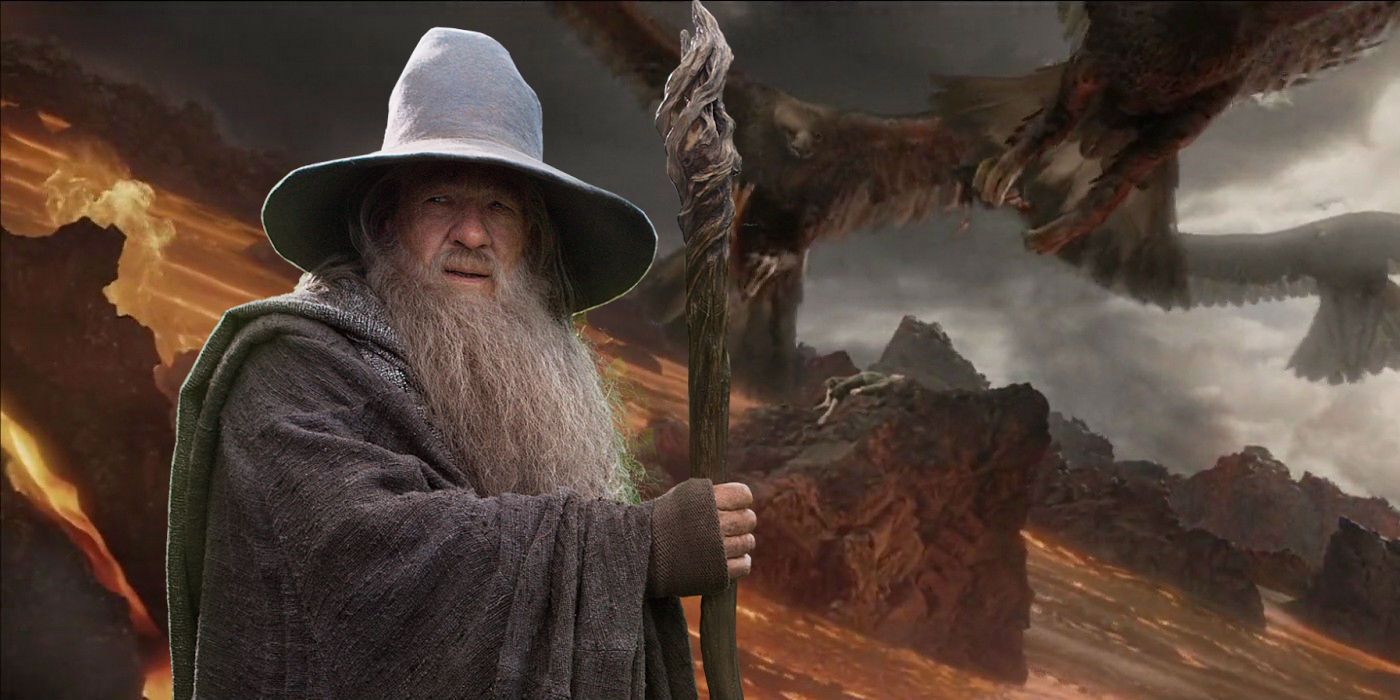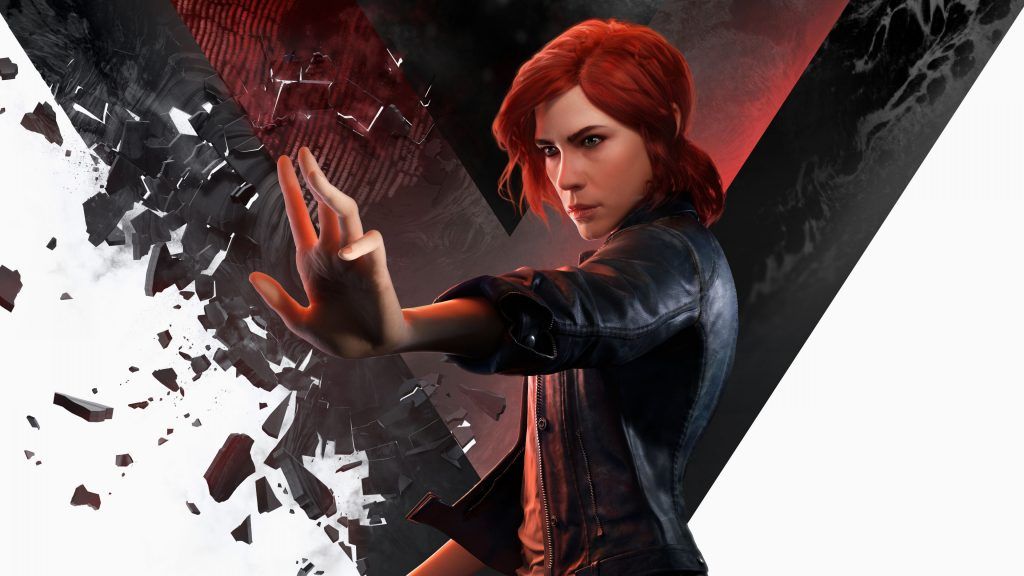
One of the biggest draws to Dungeons and Dragons is the options for character creation. Players can choose from a variety of races and classes, customizing their character's gender and interests, goals, and motivations. Different classes offer different types of gameplay that appeal to different people's interests. But to a new player, character creation can be overwhelming. As much fun as it may be to come up with a great character with an interesting backstory that fits into the world, it can be hard to get started.
RELATED: Dungeons & Dragons: 9 Tips For First-Time Dungeon Masters
There are many options to choose from, and it doesn't help when some classes are easily confused. The easiest to mix up are the main spellcasting classes: wizard, warlock, and sorcerer. To a player not familiar with D&D, these may sound like the same thing. "Warlock" is often used as the male equivalent of a witch, while other sources use "wizard" and "sorcerer" interchangeably. In D&D though, while all three have access to a wide range of spells, they have one key distinction — the source of their magic.

A Wizard has to learn and study magic before they can use it. The classic image of a wizard sitting in a library, rigorously studying ancient tomes, is very much in line with the D&D definition. Wizards usually want to understand magic as clearly as possible. They spend a lot of time thoroughly searching old books in order to learn spells, or may try to create new ones. Regardless of their goals, interests, or motivation, they generally follow a similar pattern of trying to gain an understanding of magic through research. It is only through careful practice and study that they learn to perform their spells.
Pop Culture Examples:
Hermione Granger - Harry Potter: Her skill at magic comes from being a dedicated student at Hogwarts. The books and films both show her skill at grasping a variety of concepts. Hermione often reads ahead in her course material, often knowing more than her classmates.
Dr. Strange - Marvel Cinematic Universe: Dr. Stephen Strange had no powers before seeking out Kamar-Taj and the Ancient One. When he arrived, he had to be trained from the ground up. Even by Avengers: Infinity War, Dr. Strange is still studying and trying to understand what he can do with his powers.
RELATED: How to Use the New Piety System in a Dungeons and Dragons Campaign
The most important piece of equipment for a wizard is their spellbook. The book acts as a record of every ability the player currently has access to. At the first level, this only means a few basic spells, but the selection grows as the player progresses. The spellbook determines what abilities are available for the player. Should some unexpected circumstances cause the Wizard to be separated from their spellbook, they are effectively useless.
Wizards are at a slight disadvantage when it comes to combat, so they are better suited to players more interested in finding alternative solutions to problems. While not the best fighters, a Wizard can effectively support the party with some well-timed spells cast at the right moments.

A sorcerer is naturally magical. Exactly where their power comes from is not always clear, but magic has been a part of them as long as they can remember. The ability to produce magic defines a sorcerer's character. This means that, unlike a wizard, a sorcerer does not need to spend as much time focusing on research and study, though they may have had training to better understand their own abilities. Sorcerers need no spellbooks, just instinct.
Gandalf - The Lord of the Rings: Perhaps one of the most iconic examples of a sorcerer, Gandalf (in both his grey and white forms) more or less exists to perform magic. Over the course of Bilbo and Frodo's journeys, he displays a wide range of abilities. If any rules and limits exist to what kind of magic Gandalf can perform, he's the only one who understands them.
Elizabeth - Bioshock: Infinite: Thanks to an accident when she was an infant, Elizabeth has a natural ability to open portals into other universes. While she does need to learn how to effectively use this power, it is something she has had access to her whole life. By the end of the game, she can naturally see doors into other universes.
RELATED: Dungeons and Dragons: 15 Weirdest Creatures in The Monster Manual
Being naturally magical, a Sorcerer has the advantage that they do not need to carry a spellbook nor maintain favor with a patron. Unfortunately, it does come with the trade-off of having access to fewer spells. Unlike a wizard who can accumulate spells over time, a sorcerer has a set amount. They can only gain new spells by swapping one out with another.
The advantage, however, is that Sorcerers get access to something called metamagic. These abilities allow them to more precisely control their spells. For wizards and warlocks, the effects of a spell are mixed, but a sorcerer can modify their spell as required for the current situation.

Wizards and Sorcerers are able to rely on themselves to produce magic, whether it is by study or by instinct. A Warlock is granted their magic by a higher power, referred to as their "patron." Usually, this occurs in the form of a pact, where the Warlock receivees powers in exchange for some sort of service to their chosen patron. While a wide range of options exists for patrons and the nature of the pact, Warlocks are often associated with an evil alignment — though this doesn't have to be the case.
Corvo Attano - Dishonored: After barely escaping a seemingly hopeless situation, Corvo managed to get the attention of a mysterious figure called "the Outsider". This being granted him powers, interested to see how he would use them.
Jesse Faden - Control: Jesse was an ordinary young woman until some unusual circumstances exposed her to interdimensional threats — and with them, an entity she named Polaris. Polaris acts as Jesse's patron, giving her access to powers like telekinesis and levitation that give her the best chance at dealing with their shared enemy.
RELATED: Dungeons and Dragons: Easiest Campaigns to Run as DM
The Warlock's abilities are determined in large part by the nature of their pact and the entity with whom they are allied, as these can range from demons to archfey to angels. The biggest gameplay distinction from wizards and sorcerers, though, is that warlocks fare better in combat. Warlocks can take on enemies up close, combining their spells with martial skill. There is even an option for "pact of the blade" which gives the warlock access to an enchanted weapon.
NEXT: Dungeons and Dragons Podcast Will Feature Jeff Goldblum in Lead Role

